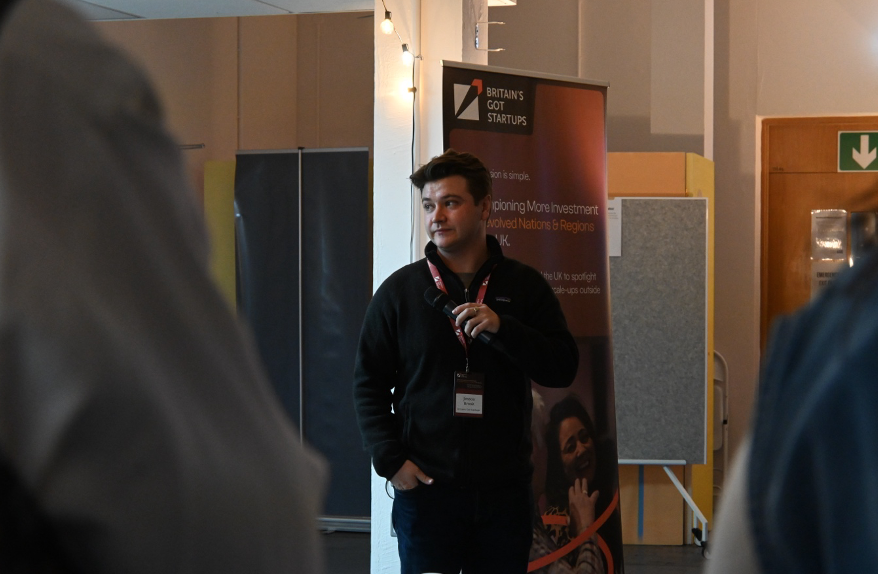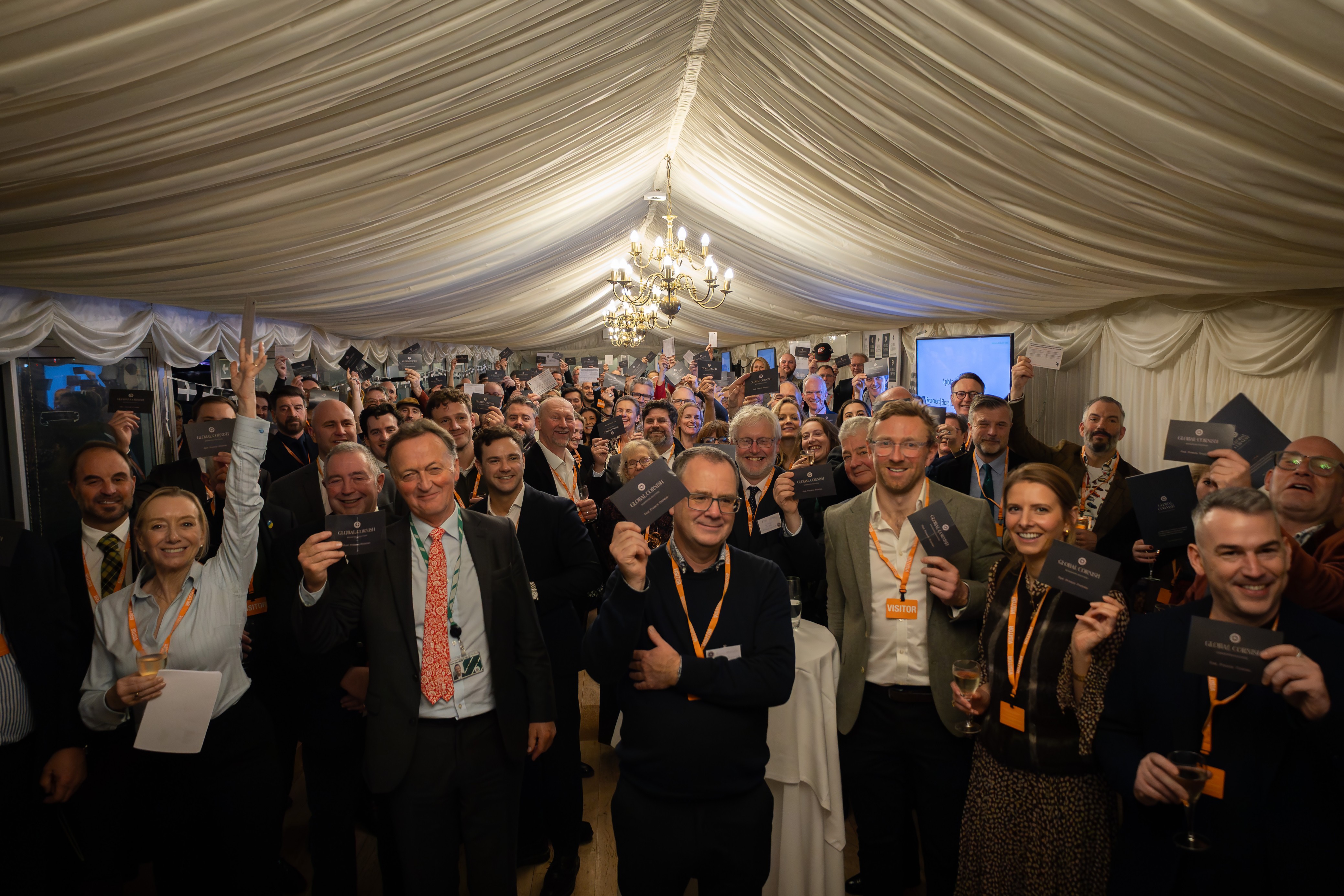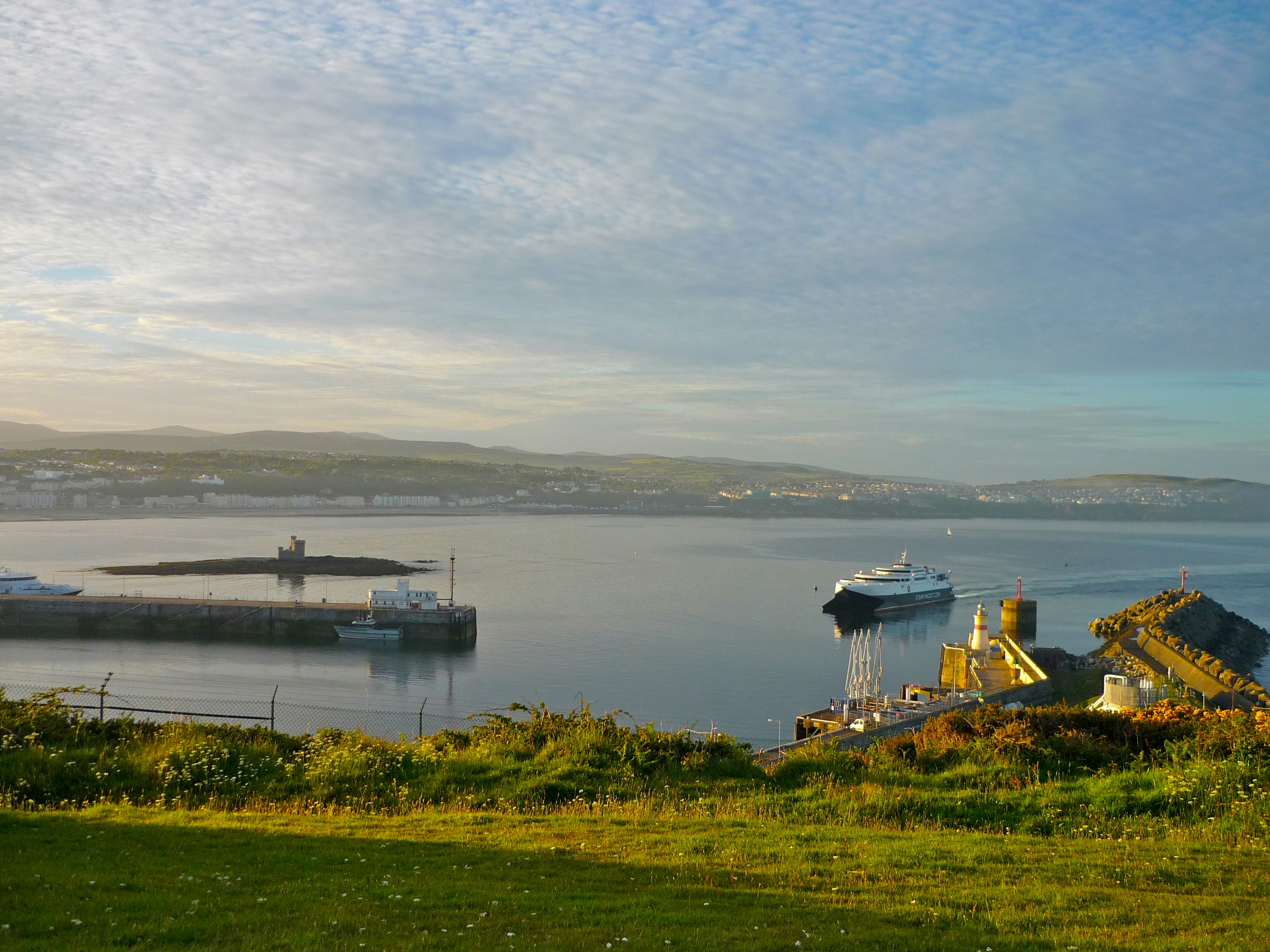
Walter May, founder of GlobalWelsh, shares how diaspora engagement can unlock economic growth for Celtic nations — and why it’s time to think beyond borders.
When Walter May took the stage at the Interceltic Business Forum in Cornwall last April, the conversation shifted from local innovation to global opportunity. As the founder of GlobalWelsh, Walter has spent the last decade turning an idea—reconnecting Wales with its global diaspora—into a powerful economic movement.
His message resonated far beyond Wales: the Celtic nations are rich in talent and culture, yet many face the ongoing challenge of brain drain, watching their brightest minds leave, often never to return. But what if those same people held the key to future growth?
In a deeply impactful roundtable on the Celtic diaspora, Walter made the case that it’s time for nations like Ireland, Brittany, Scotland, Cornwall, and the Isle of Man to think differently—to treat their diaspora not as a loss, but as a global network of opportunity waiting to be activated.
We sat down with Walter to better understand how to turn a Welsh "Brain Drain" into a "Brain Gain".
GlobalWelsh is a grassroots, evidenced based and private sector funded Community Interest Company (not-for-profit), on a mission to connect Wales to its global diaspora. We are creating a borderless community of people with a Welsh connection to originate new ideas and opportunities, inspire, and ultimately have a positive economic impact on Wales and its people at home and around the world.
Our four areas of focus are:
1. Attract FDI, DDI, seed and growth funding to Wales
2. Facilitate international trade via our ‘GlobalWelsh Hubs’ in London, China, Japan, Ireland, Australia & the Middle East
3. Promote and encourage thought leadership via our ‘GlobalWelsh Academy’ events and activities.
4. Facilitate Global Mentoring opportunities for business leaders and young entrepreneurs with Welsh business executives, located anywhere in the world.
All small countries suffer disproportionally from ‘Brain Drain’ (the loss of talent to other nations), which severely hampers their economy. This tends to be more profound in rural and remote areas, of which Wales has many. These disadvantaged areas often fall into a spiral of decline as fewer opportunities exist, more talent leaves, mostly never to return.
To counter ‘brain drain’ countries seek to encourage foreign direct investment (FDI) through selling themselves as a great place to invest and access resources, talent and in many cases financial incentives, in the form of grants. Wales and other areas of the UK do this, hence domestic competition to attract large multinationals is intense, along with having to compete with other countries.
Few countries understand the potential of diaspora direct investment (DDI), hence there is little discourse or public sector policies aimed at developing processes to attract DDI.

Those that leave their country of birth are often driven by ambition and a desire to learn and experience other cultures. My research, that formed the basis of GlobalWelsh, clearly demonstrated that, while leaving may have been considered as temporary, few actually end up returning. It follows that talented, ambitious, driven individuals often succeed in their chosen careers. Many start and lead businesses, acquire significant personal wealth while retaining an emotional attachment to their place of birth or ancestry. Tapping into their sense of hiraeth (Welsh word which means a longing, yearning, nostalgia, wistfulness or an earnest desire for the Wales of the past) and the desire to give back to their former communities (which they often feel guilty having left) is a powerful base emotion to appeal to when considering a DDI campaign.
Identifying and reaching members of a country’s diaspora that are business owners, leaders and entrepreneurs is the first step. Once you are able to reach and target this elite group, you then need those that have a propensity to consider returning or setting up satellite operation in their host country, to engage in a dialogue and take them through a process to encourage them to return.
GlobalWelsh is a largely evidence based organisation and tend to use research to guide its areas of focus. Our recent ‘Brain Drain to Brain Gain’ research identified a huge number of business owners, leaders and entrepreneurs that expressed a keen interest in returning or setting up satellite operation in Wales. The research evidence also identified the barriers (some real, some perceived) to returning. Having left many years ago, few had been able to keep abreast of the evolving Welsh business infrastructure and political landscape, hence the process of returning needs to start with updating on these two key issues.
Having carried out this groundbreaking research we are now in the process of taking the next steps which is to sell Wales and specifically the many diverse regions of Wales, as investment destinations. This requires stakeholder collaboration, both private and public sectors, and to showcase the best Wales has to offer and address the identified barriers to returning. Unlike FDI, DDI is more likely to impact all regions of Wales, as those that return and/or invest will likely want to do so in the place they feel emotionally attached to.
The ultimate goal is to continue building a strong pipeline of DDI opportunities and to configure our GlobalWelsh Connect Platform as the destination for diaspora, interested in investing in Wales. We believe we can develop a self-serve, AI driven process that can scale this activity with minimum resources and allow us, and the wider stakeholder group, to focus on those with the greatest propensity to return.
This is an exciting and large untapped area of economic development, potentially transformational for small countries with diverse, rural and remote landscapes that would normally struggle to attract investment.
We believe we have uncovered a ‘gold mine’ of opportunities for Wales and have a process efficient way to scale growth in DDI that can have a significant, measurable and transformational impact on the Welsh economy.
As the Interceltic movement grows, so too does the opportunity to think beyond borders, beyond politics, and beyond tradition—to embrace a future where every Celtic nation can call on its global family to build something lasting, together.
🎟️ Want to see the future of Celtic innovation? Join us in Lorient on August 4th.

Jenson Brook, founder of Novus Capital, shares his approach to supporting innovative startups and expanding access to funding beyond London.
Read More
La startup lorientaise Fendsea entre dans une nouvelle phase de croissance, portée par son développement commercial et son expansion internationale.
Read More
On 15 December, we officially launched Global Cornish at Westminster, bringing together nearly 200 Cornish diaspora from business, politics, culture, and sport.
Read More
Dirigeants bretons, développez votre réseau interceltique. Découvrez pourquoi et comment participer à l’Interceltic Business Forum 2026 à l’Île de Man.
Read More